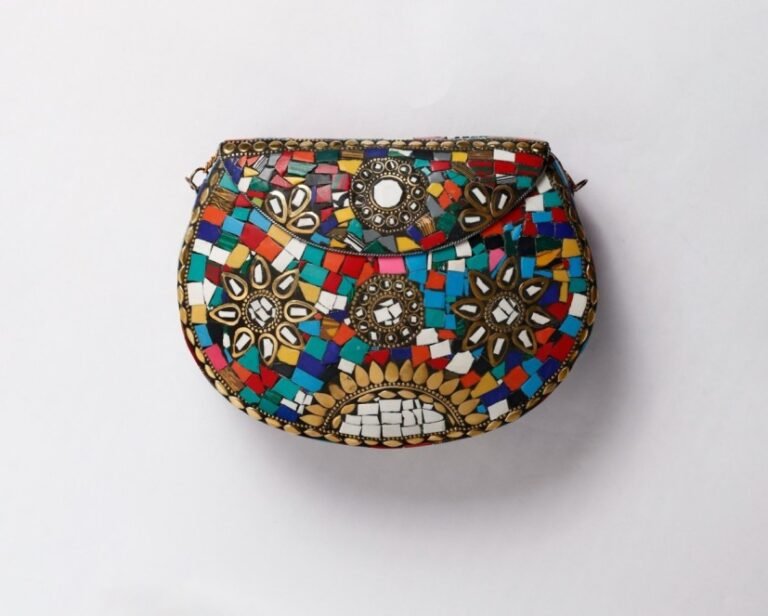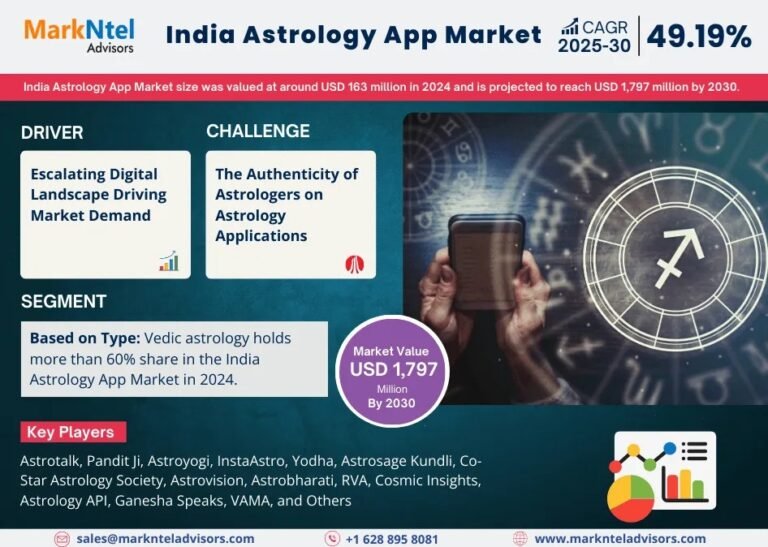Web3 is transforming digital communities by replacing centralized control with decentralized, user-led ecosystems. In this trustless environment, traditional gatekeepers are removed, and transparency becomes essential. However, without centralized oversight, building trust becomes a challenge. Trust in Web3 must be earned through open governance, smart contracts, and consistent community engagement. Effective community management is key to maintaining integrity, encouraging participation, and resolving conflict fairly. By fostering transparency, accountability, and collaboration, smart community strategies help decentralized projects grow sustainably. This blog explores how trust can be intentionally built and sustained through intelligent, ethical Web3 community management practices.
Understanding the Role of Trust in Decentralized Ecosystems
Trust operates differently in decentralized networks than in traditional centralized systems. Without a singular entity to enforce rules or mediate disputes, trust must be distributed and reinforced through transparent systems, peer accountability, and community norms. The absence of intermediaries intensifies the need for mechanisms that foster mutual confidence among participants. In this environment, trust is both the glue and the fuel that binds communities together and powers their growth.
-
Decentralized platforms replace institutions with protocols: Instead of relying on companies or governments, decentralized platforms depend on code and consensus to maintain order and facilitate transactions.
-
Peer-to-peer trust requires new tools and norms: Members must trust one another without ever meeting. Smart contracts, reputation scores, and on-chain histories play crucial roles in this dynamic.
-
Mistrust can destabilize entire ecosystems: When community members lose faith in leadership, governance, or security, it can lead to mass exits, forks, or project abandonment.
-
Trust incentivizes participation and contribution: Communities with high levels of trust experience better collaboration, more active contributions, and sustained long-term engagement.
Establishing Transparent Governance Structures
Transparent governance is one of the most effective ways to foster trust in decentralized communities. When rules, decision-making processes, and responsibilities are clear and open to scrutiny, members feel more empowered and respected. Governance in Web3 is often managed through DAOs (Decentralized Autonomous Organizations), where community votes and smart contracts drive operations.
-
Clarity in governance frameworks builds legitimacy: Clearly defined rules about voting rights, token distribution, and decision-making procedures help community members feel secure and involved.
-
Smart contracts automate transparency and reduce bias: They enforce predefined actions and decisions, eliminating the risk of human manipulation or hidden agendas.
-
On-chain governance invites accountability: All decisions and voting histories are stored on the blockchain, allowing every member to verify actions and challenge inconsistencies.
-
Inclusivity strengthens participation: Decentralized governance must ensure diverse representation to prevent dominance by whales or early adopters, and to support fair, collective action.
Leveraging Smart Contracts to Build Confidence
Smart contracts are a cornerstone of trust in Web3 they execute agreements automatically based on coded conditions, ensuring reliability and reducing the need for trust in human intermediaries. Properly designed, they minimize risk and ensure consistent outcomes, which is essential in trust-sensitive applications such as DeFi, NFTs, and DAOs.
-
Automation reduces human error and bias: Once deployed, smart contracts carry out operations as coded, removing subjective interpretation or interference.
-
Predictable behavior fosters user confidence: Knowing that rules will be followed exactly as programmed reassures participants, especially in financial transactions or DAO decisions.
-
Audited code demonstrates responsibility: Publishing contract audits or open-sourcing code shows that developers are accountable and serious about community safety.
-
Fail-safes and upgradability maintain trust: Including mechanisms to pause or update contracts through transparent processes ensures security and adaptability over time.
Encouraging Community Participation and Co-Creation
Active participation and co-creation are vital to trust-building in decentralized networks. When users are empowered to contribute ideas, create content, and shape the direction of the community, they become more than just members they become stakeholders. A sense of ownership leads to stronger emotional investment and increased accountability.
-
User-generated contributions build collective ownership: Whether it’s code, content, or proposals, co-creation turns the project into a shared mission, strengthening alignment and trust.
-
Open forums foster authentic dialogue: Platforms like Discord, Snapshot, and Discourse allow for transparent discussions, feedback loops, and community decision-making.
-
Recognition and incentives encourage active engagement: Acknowledging valuable contributions—through rewards, badges, or tokens—motivates continued participation.
-
Empowered members become community advocates: When people feel seen and heard, they naturally promote the project and defend it from misinformation or abuse.
Implementing Ethical Moderation and Conflict Resolution
Without ethical moderation, decentralized communities can spiral into toxicity or become breeding grounds for manipulation. But heavy-handed control contradicts the ethos of decentralization. The balance lies in establishing fair, consistent, and transparent moderation strategies that uphold community values while protecting individual voices.
-
Clear codes of conduct set behavioral expectations: Documented community guidelines help prevent harmful interactions and ensure accountability without stifling expression.
-
Moderation should be community-driven: Delegating moderation roles to respected community members preserves integrity and minimizes authoritarian influence.
-
Dispute resolution mechanisms prevent escalation: Structured processes for handling grievances build confidence that conflicts will be resolved fairly.
-
Transparency in enforcement decisions maintains trust: Public logs or rationales for bans or penalties help users understand that moderation isn’t arbitrary or biased.
Cultivating a Culture of Accountability and Reputation
In decentralized ecosystems, where identities can be pseudonymous, building a system of accountability is crucial. Reputation becomes the new currency of trust. Users who consistently act in good faith, contribute meaningfully, and support others become informal leaders and influencers within the community.
-
Reputation systems incentivize good behavior: Points, badges, and rankings can reward helpful contributions while deterring negative actions.
-
Historical behavior helps predict future trustworthiness: Members with a proven track record of constructive engagement are more likely to be trusted in governance roles.
-
Public recognition reinforces positive social norms: Highlighting trustworthy members sets an example for others and fosters a culture of mutual respect.
-
Accountability builds legitimacy: When users know their actions are visible and judged by their peers, they’re more likely to act responsibly and ethically.
Utilizing Analytics and Feedback Loops for Continuous Improvement
Trust is not static—it must be nurtured over time. Smart community managers in Web3 use analytics and feedback loops to understand community health, identify friction points, and iterate on governance and engagement strategies. This responsive approach helps prevent stagnation and fosters an evolving, trust-based environment.
-
Engagement metrics highlight community vitality: Tracking user activity, participation in votes, or contributions to discussions reveals where energy is strong or lacking.
-
Surveys and feedback tools capture sentiment: Regular polls or suggestion forms can uncover concerns, improve processes, and make members feel heard.
-
Iterative changes demonstrate responsiveness: Quickly addressing pain points or acting on feedback shows the community that its voice matters.
-
Data-backed insights inform smarter decisions: Analytics prevent guesswork and allow for data-driven improvements in community engagement and governance.
Bridging the Gap Between Anonymity and Authenticity
Anonymity is both a strength and a vulnerability in decentralized spaces. It protects privacy but also makes it easier for bad actors to exploit systems. Smart community management involves finding ways to support privacy while fostering authentic interactions and minimizing risks.
-
Pseudonymity allows for identity without exposure: Members can build reputations over time, even without revealing their real names.
-
Verifiable credentials enhance authenticity: Tools like decentralized identifiers (DIDs) and proof-of-personhood systems can add layers of trust without sacrificing privacy.
-
Community rituals and storytelling foster connection: Regular events, project lore, and shared narratives build bonds beyond usernames and avatars.
-
Security checks and vetting for key roles are critical: While members can remain anonymous, those in positions of power should go through community-backed validation processes.
Conclusion
Trust is the lifeblood of decentralized communities. Without it, even the most innovative Web3 projects risk disintegration. In an ecosystem where anyone can participate and no one owns the platform outright, smart community management becomes the linchpin of success. By embracing transparency, encouraging participation, enabling ethical moderation, and continuously listening to feedback, communities can build resilient foundations that foster growth, innovation, and lasting engagement. As the Web3 movement continues to evolve, the communities that thrive will be those that understand trust not just as a feature—but as a daily practice, cultivated through intention, systems, and human connection.





